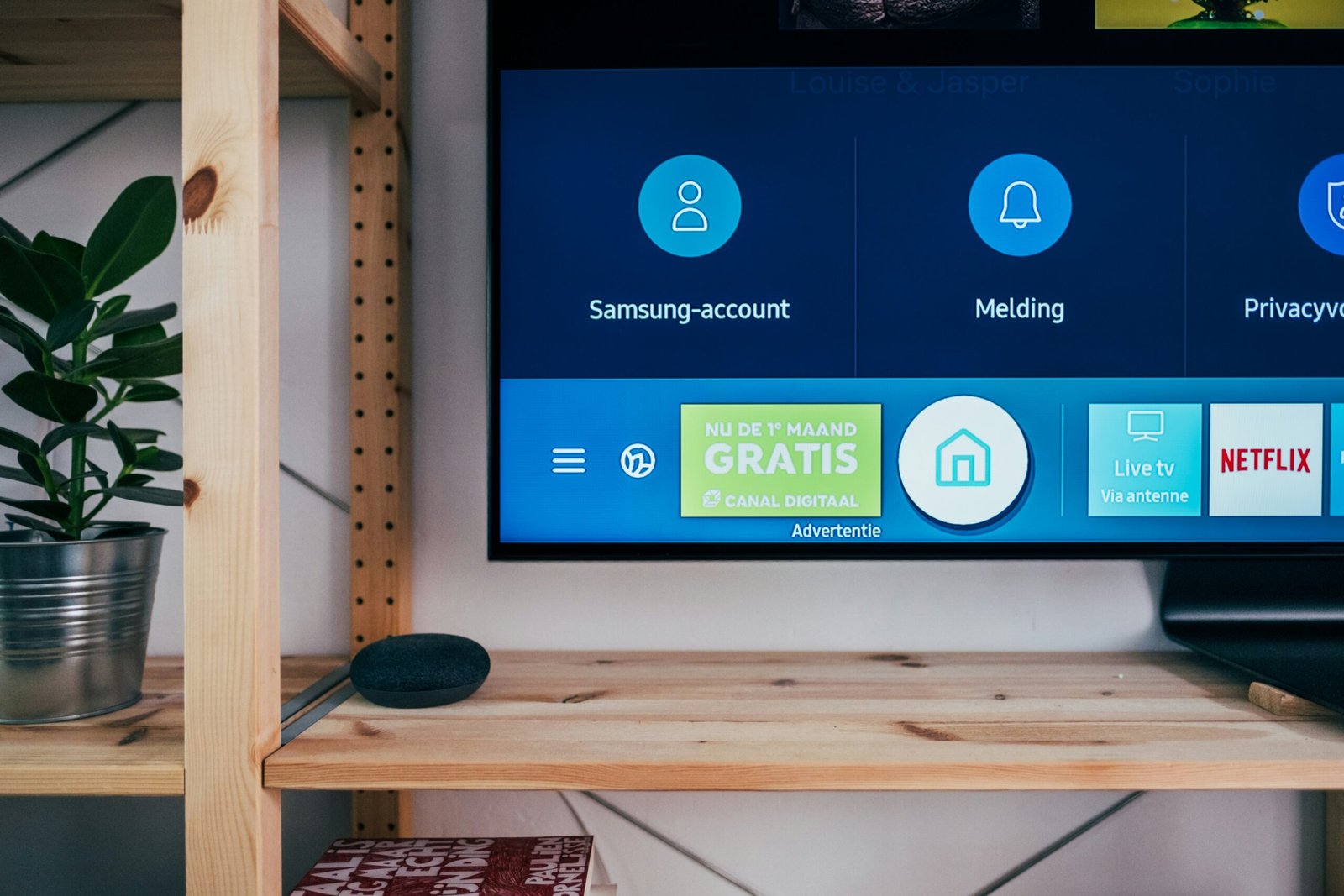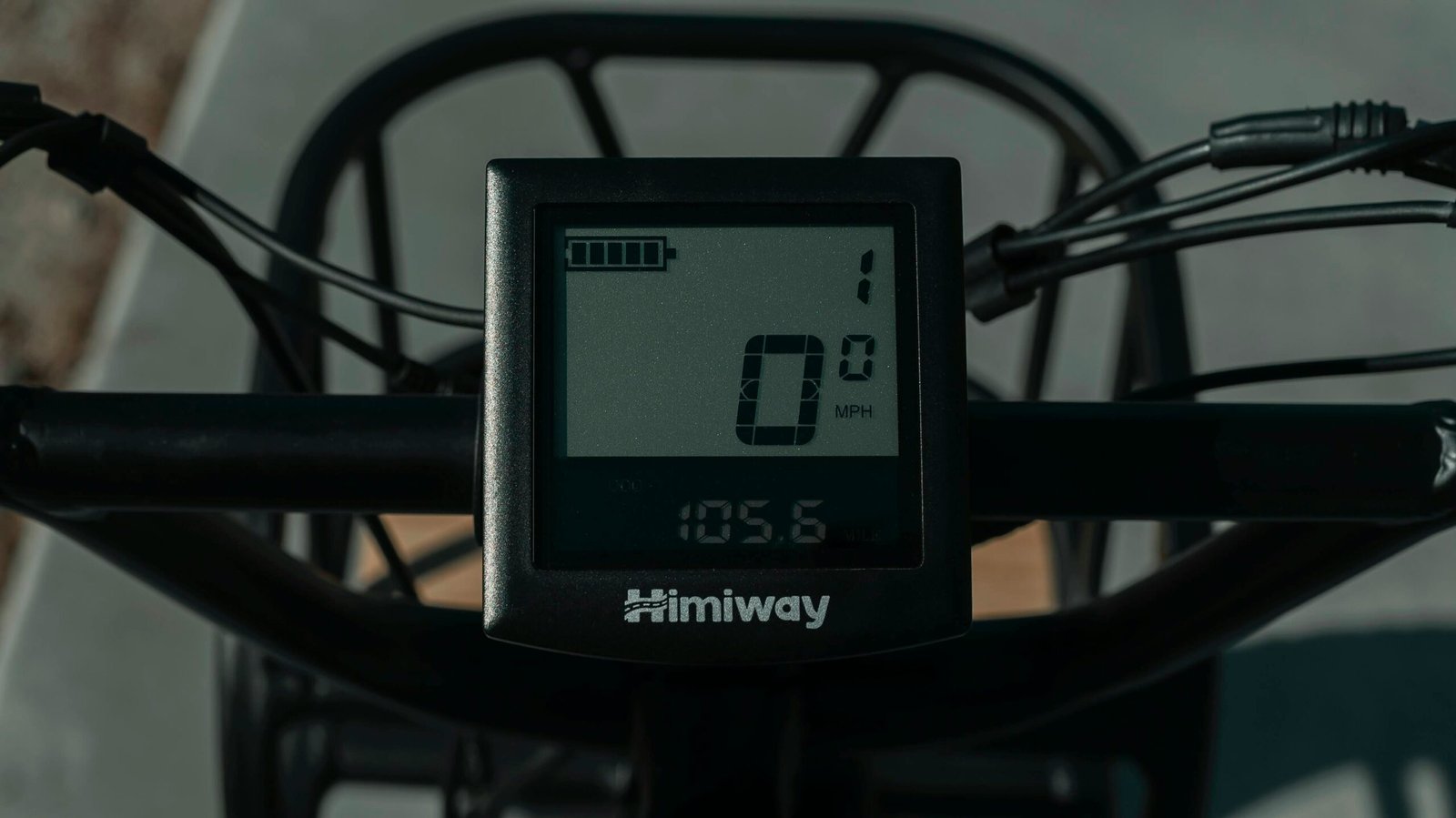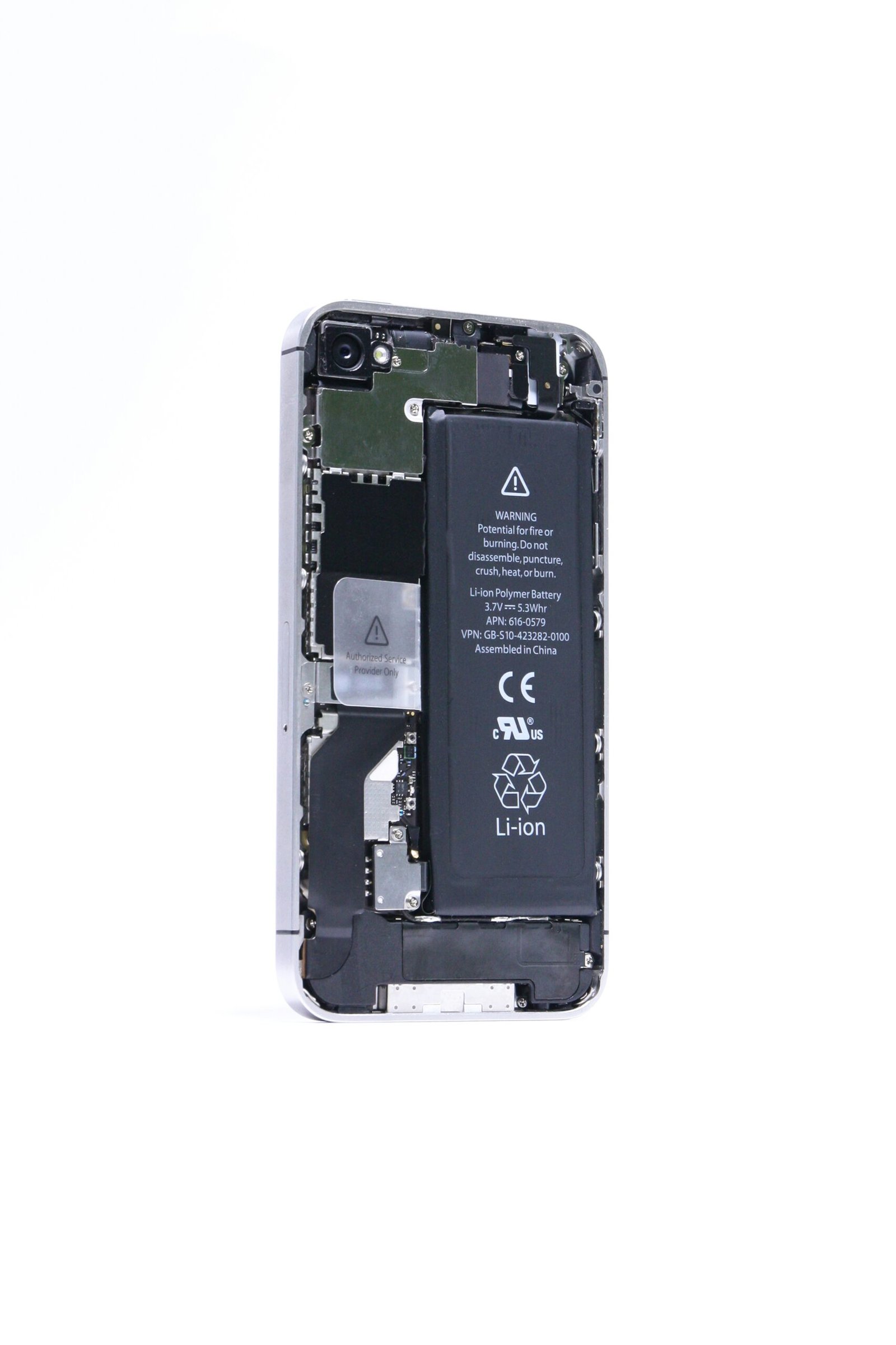Do Mini PCs Overheat? Understanding the Factors and Solutions
Introduction to Mini PCs and Overheating Concerns
Mini PCs have gained significant popularity as a viable alternative to traditional desktop computers. Their compact size and portability make them an attractive choice for both personal and professional use. These small yet powerful devices are celebrated for their space-saving design, allowing users to maximize their work or living areas without sacrificing performance. Additionally, Mini PCs are often more energy-efficient than their larger counterparts, consuming less power and generating lower electricity bills in the process.
However, with their increasing adoption, concerns have emerged about the tendency of Mini PCs to overheat. Overheating is a critical issue that can adversely impact the performance and longevity of these devices. High temperatures can cause internal components to undergo thermal stress, leading to potential damage. For instance, overheating can result in reduced efficiency of the CPU and GPU, causing performance throttling. This downgrade in performance is particularly troublesome for users who rely on their Mini PC for resource-intensive tasks such as gaming, video editing, or complex computations.
Moreover, persistent overheating can significantly shorten the lifespan of a Mini PC. The delicate components within these compact devices are more susceptible to thermal wear and tear, ultimately leading to hardware failures. To address these concerns, it is essential to understand the factors contributing to heat generation in Mini PCs and explore the various solutions available to mitigate this issue. By doing so, users can ensure their devices operate efficiently while maintaining optimal performance for an extended period.
Factors Contributing to Overheating in Mini PCs
Mini PCs have become a popular choice for users seeking compact and efficient computing power. However, their small form factor brings unique challenges, particularly related to thermal management. One primary factor contributing to overheating in Mini PCs is the thermal design limitations inherent in compact devices. Due to the restricted space available, these devices often lack sufficient room for airflow and efficient heat dissipation mechanisms, making them prone to overheating issues.
High-performance components within Mini PCs can further exacerbate the overheating problem. Integrating powerful CPUs and GPUs into a small enclosure generates a significant amount of heat. For example, a high-end graphics card, while delivering exceptional graphical performance, also produces substantial thermal output, which becomes challenging to manage in a restricted space. This heat accumulation can lead to a rise in internal temperatures, affecting the overall stability and performance of the Mini PC.
Inadequate ventilation is another critical factor contributing to overheating. Many Mini PCs are designed with limited or insufficient ventilation slots, which hampers the natural flow of air through the device. Without proper ventilation, hot air remains trapped inside, further elevating the internal temperature. Additionally, dust buildup within these confined spaces can block vents and fans, hindering their cooling efficiency. Over time, this can lead to a considerable increase in operating temperatures.
Moreover, the placement of the Mini PC can significantly impact its ability to remain cool. Placing the device in an enclosed area, such as a cabinet or behind a monitor, can obstruct airflow, resulting in higher operational temperatures. It is essential to ensure that the Mini PC is positioned in a well-ventilated area where air can freely circulate. Real-world examples have shown that even slight obstructions can lead to notable increases in temperature, further underlining the importance of proper placement and ventilation.
Understanding these factors is crucial for users aiming to optimize the performance and longevity of their Mini PCs. Awareness and proactive management of thermal challenges can prevent overheating and ensure the device’s efficient functioning.
Preventative Measures to Avoid Overheating
Proper positioning of your Mini PC plays a crucial role in preventing overheating. Ensure that the device is placed in an area that promotes optimal airflow. Avoid enclosed spaces, such as inside cabinets, and steer clear of placing the PC near other heat-generating electronics. Elevated positions with access to multiple vents or open areas can significantly reduce the risk of heat buildup.
Regular maintenance is another essential aspect of keeping your Mini PC cool. Dust accumulation in vents and fans can obstruct airflow and contribute to overheating. It is advisable to clean these components periodically. You can use a can of compressed air to gently blow out dust from vents and fan blades, ensuring the system remains free from debris that could hinder cooling efficiency.
Cooling accessories can greatly enhance temperature management. External cooling pads, which are readily available in many electronics stores, provide additional airflow around the device, thereby reducing internal temperature. Alternatively, investing in auxiliary fans that can be positioned near the Mini PC offers direct cooling and further mitigates the risk of overheating.
Software solutions also offer valuable assistance in maintaining optimal temperatures. There are numerous applications designed to monitor the internal temperatures of your Mini PC. These programs can provide real-time data and even adjust performance settings to control heat output. For example, tweaking CPU or GPU performance settings during intensive tasks can help keep temperatures within safe limits.
Implementing these preventative measures is both practical and straightforward. Start by positioning your Mini PC in a well-ventilated area. Commit to a regular cleaning schedule, paying extra attention to the removal of dust from critical cooling components. Consider investing in external cooling accessories if your device tends to run hot. Lastly, leverage technology by utilizing monitoring software to keep a constant check on internal temperatures and adjust settings proactively. By following these steps, you can ensure that your Mini PC operates efficiently and stays cool.
Dealing with Overheating Issues: Troubleshooting and Solutions
Mini PCs, despite their compact size and multiple advantages, can experience overheating issues that can lead to a range of symptoms. Users may encounter unexpected shutdowns, noticeable performance throttling, or unusual fan noise indicating that their Mini PC is overheating. Addressing these issues promptly is crucial to prevent long-term damage to the hardware.
Initial troubleshooting should involve simple checks. Firstly, verify that the Mini PC is placed in an environment conducive to proper airflow. Ensure that the air vents are unobstructed and the device is positioned on a flat, stable surface. Over time, dust and debris can accumulate in the vents, impeding airflow and exacerbating heat buildup. Cleaning the vents with a can of compressed air can often resolve minor overheating problems.
If these initial steps do not alleviate the issue, more detailed diagnostics might be required. Checking the system’s internal temperature using software tools designed for this purpose can help identify whether the Mini PC is operating within safe temperature ranges. Should the system report temperatures that are consistently higher than normal, it might be necessary to reapply thermal paste on the CPU. Over time, the thermal paste can dry out, reducing its effectiveness in heat conduction. Removing the old paste and applying a new layer can improve cooling efficiency significantly.
However, if these troubleshooting steps fail to resolve the overheating problem, it may indicate a more serious underlying issue. At this stage, seeking professional assistance is recommended. Professional technicians can accurately diagnose hardware faults and replace any failing components such as fans or heat sinks.
Ultimately, it is imperative to address overheating issues without delay. Prolonged exposure to high temperatures can lead to permanent damage to the Mini PC’s internal components, reducing the device’s lifespan and performance. Regular maintenance and monitoring can help prevent such issues, ensuring that the Mini PC continues to operate optimally. Remember, prompt action is key to maintaining the health and longevity of your Mini PC.







